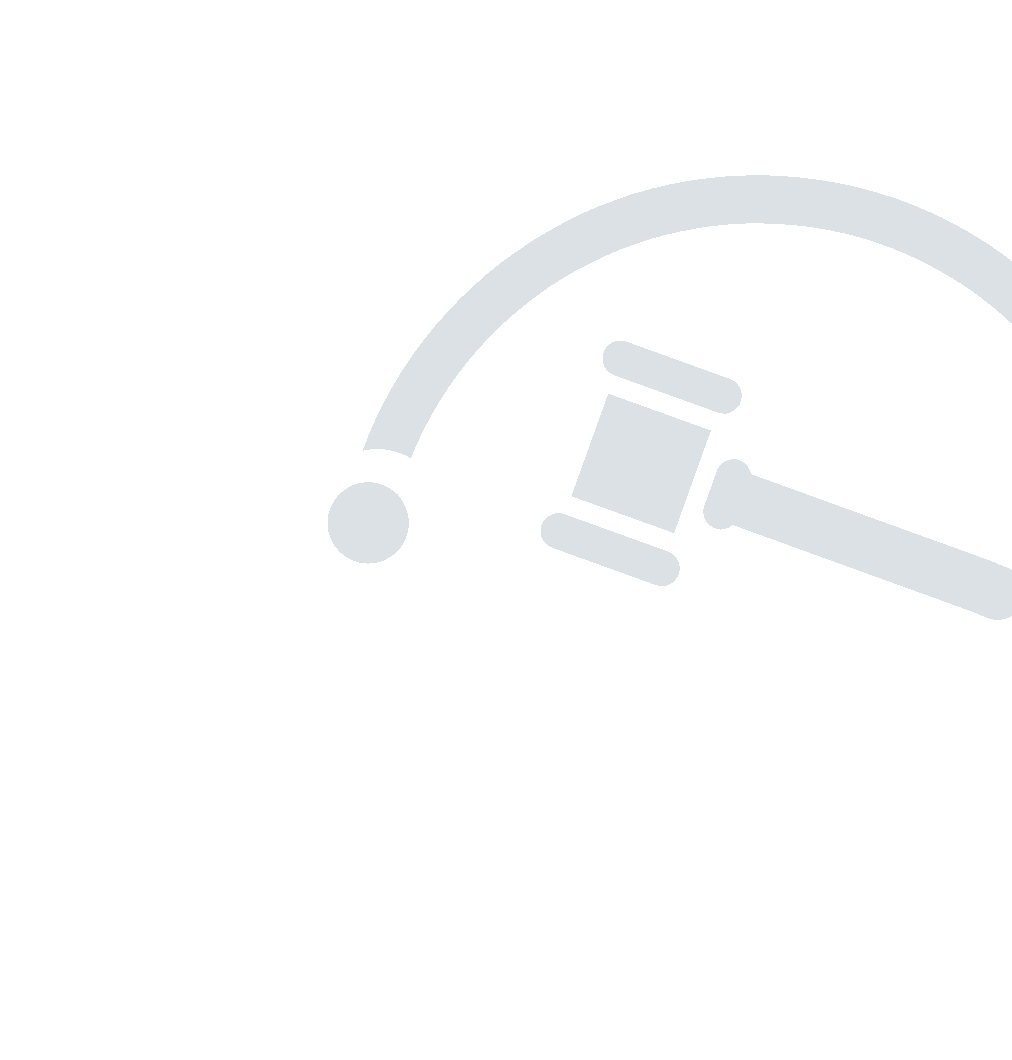If you're looking to purchase industrial, commercial or agricultural plant, machinery and equipment, high street goods or a new vehicle, buying at auction could be a great way to find a terrific deal.
However, finding these auctions can sometimes be challenging if you don't know where to look. Here are some tips on how to find industrial auctions in the UK.
The good news is you’ve already found Auction News, the leading listing site for UK auctions. Simply create an account and you can then browse our site and use our comprehensive filtering to find the auctions you are looking for. From there you can link straight through to the auctioneer’s bidding platform, register your details and once approved, start bidding.
In the “My Account” dashboard, you can save your searches and set up your preferences to automatically receive e-alerts as soon as an auction you’re interested in is uploaded to the site, whether that be by keyword match, a particular category of goods or within a specified distance of your location.
If you are a social media fan, you can follow our Facebook page here:
or join one of our Facebook groups to see relevant auctions pop up in your Facebook feed in different categories of auction, for instance:
You can also follow us on Twitter and Linkedin
Of course, Auction News cannot guarantee to cover every auction you might be interested in, so it’s always worth keeping an eye on specialist trade publications related to your industry, local newspapers and other online resources such as individual auctioneer websites and online bidding platforms.











